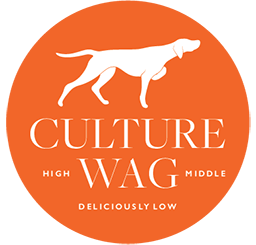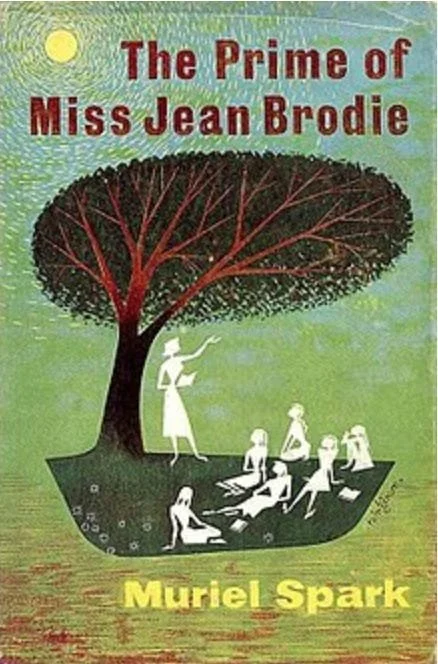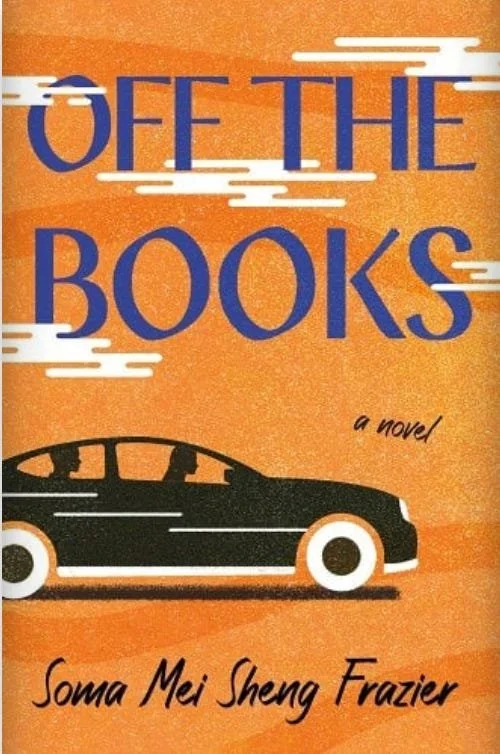Hello Smarties, it's Your BookWag!
To me education is a leading out of what is already there in the pupil's soul. Or whatever, Miss Jean Brodie. Believe it or not, school’s almost back in session.
Dear Wags,
In just four weeks, the fall semester begins, and I’ll be teaching a university course called The Ethics of Writing Creatively. I’ve taught it before and love it. I hope my students wind up loving it, too. Oh, teachers always say this, but it’s true — the people in my classes teach me as much as I try to impart to them.
The first time we get together, I ask students to spend 15 minutes writing a story about an experience that moved them over the summer. The only rule is that the event must elicit a strong emotion—the more gory details, the better. And, they must write about the incident the hard way, in longhand. I provide pens and paper, which they never seem to lug around in those enormous backpacks.
When the class is finished, I collect the stories. Then I tell students I’m going to hand them back at random for other students to read. That doesn’t go over so well.
In truth, I don’t pass around hastily written confessions. The point is to spark a discussion about how it feels to have somebody else read your work. As an author, I’ve upset people with my words; you never know what might set somebody off. Once, I wrote about attending a dinner party where we discussed a movie. That’s it: No names, no details, not even the name of the film. Another guest emailed to say they were undone by my indiscretion.
We can’t know how someone else will take even a kind passage once it’s published. When you write for a public, you open yourself up to criticism. That’s true even in fiction: Real people inform literary invention, and they are pretty good at spotting shadings of themselves.
When it comes to shared history, not even Taylor’s Version is definitive. I want student writers to enter a grueling trade with compassion for themselves and others. We’ve learned all the wrong lessons from Twitter — that words don’t matter, that the things we dash off are so cheap we can’t be held responsible for the hurt we cause.
In our hearts, we all know that’s not true. We give the world an accounting because we must, but the act still carries a weight of responsibility. Writing isn’t some idle distraction but an act of moral consequence. In my class, we read and write together, pondering ethical questions raised by Mavis Gallant, Audre Lord, and Robert Lowell, among other greats. Should sharing our words alongside theirs be intimidating? Yes, if it reminds us that how we relate experience is consequential. When we try to pin life to a page, we ought to feel a twinge of trepidation, as if entering some old and sacred space. Even now, the act should instill a touch of awe.
Yours ever,
BKP
Off the Books by Soma Mei Sheng Frazier
If you enjoy a good road novel—think Amor Towles’ The Lincoln Highway or Ilana Masad’s All My Mother’s Lovers—you’ll delighted by Frazier’s debut. Mĕi, a Chinese American Dartmouth student, drops out to become a California limo driver. She’s trying to please her beloved lǎoyé, or grandfather, who runs the car service, but he’s got a sketchy clientele that includes Henry, a strange fellow in need of a lift from San Francisco to Syracuse. What does he zealously guard in that big suitcase? When Mĕi finds out, it upends her world. Buckle up.
The Horse by Willy Vlautin





